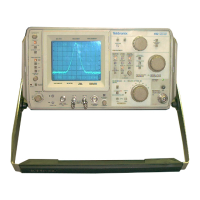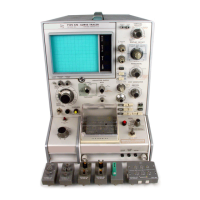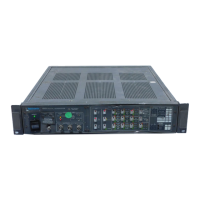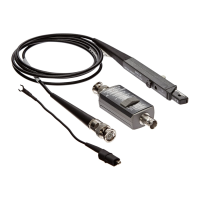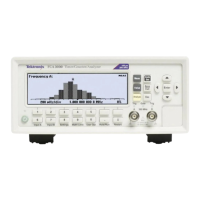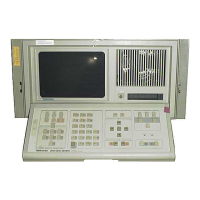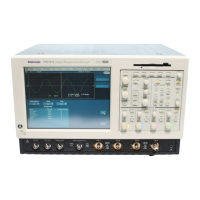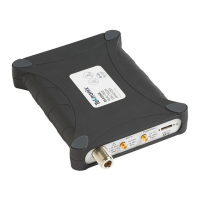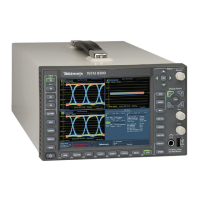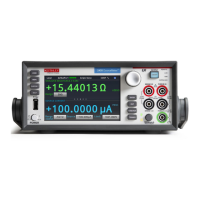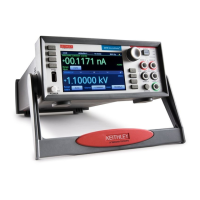Section 3 - Configuring the VM700A
3-2
VM700A Option 01 (NTSC) & Option 11 (PAL) User Manual
The password (if any) that must be used for controlling access to the
configuration files.
The Configure button provides access to utilities that allow you to edit files that
control these and other aspects of the VM700A operating environment. Pressing
the Configure button brings up the main Configure display, showing the
firmware option number and version, the amount of non-volatile memory used
and free (in bytes), and three soft keys (menu-controlled touch panel controls),
labeled Time, Configure Files, and Function Keys. (If a copy is queued for
printing in the printer spooler, another soft key labeled Cancel Copy is also
displayed.)
These soft keys are defined as follows:
Time: Pressing this soft key brings up a display and submenu that allows
you to set the internal clock of the VM700A. (This procedure is described
later in this section of the manual.)
Configure Files: Pressing this soft key brings up a display of the
/nvram0/ConfigFiles directory, which gives you access to files and directo-
ries that control VM700A operations.
Function Keys: Pressing this soft key brings up a display of the /nvram0/
FunctionKeys directory, along with a submenu that lets you create, rename,
edit, delete, and print out function keys. (Use of the Function Keys feature is
fully explained in the VM700A Programmer’s Reference Manual.)
Cancel Copy: Pressing this soft key clears all copies in the spooler.
The Cancel Copy soft key appears as a choice in the Configure menu only if
there are files in the printer queue. Touching it deletes the files from the queue.
Configure mode, like other modes, may be selected at any time. When the
Configure button is pressed again to deselect Configure, the VM700A returns to
the mode or application (for example, measurement) that was active when
Configure was selected.
The remainder of this section is divided into two parts. The first part describes
the operations available in Configure mode; it tells you how to create or delete
files in a directory, how to edit files, etc. The second part describes the Configure
mode directory structure and the files it contains.
